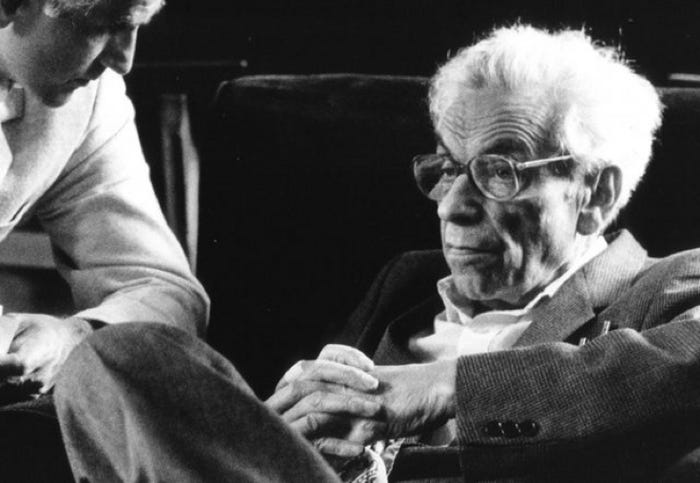
Bell's theorem refuted
Einstein said that the wave function does not describe the physical state of a single object, but the possible states of an ensemble. He also said that quantum mechanics is not complete; there must be hidden variables. Not many believed him, but this was the starting point for me when I came in touch with Bell's theorem.
Bell's theorem states that the predictions of quantum theory (for measurements of spin on particles prepared in the singlet state, see figure 1) cannot be accounted for by any local theory. Bell stated this theorem in his own words: "In a theory in which parameters are added to quantum mechanics to determine the results of individual measurements, without changing the statistical predictions, there must be a mechanism whereby the setting of one measuring device can influence the reading of another instrument, however remote. Moreover, the signal involved must propagate instantaneously, so that such a theory could not be Lorentz invariant." In other words, nature is not local, as it cannot be described by local realistic models.
Bell's theorem can be refuted by presenting a contextual model which correctly predicts measurement results with entangled photons or spin ½ particles. Contextual models can have properties which are correlated with the setting of the measurement instruments. The reason for this is the indistinguishability of entangled particles. This also applies to any other theorem that claims that no local realistic model for quantum effects is possible if they fail to rule out contextual models. These include, for example, the theorems of CHSH, GHZ and Hardy.

















